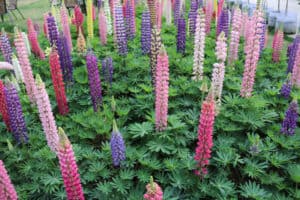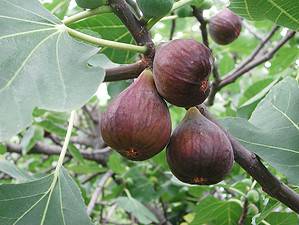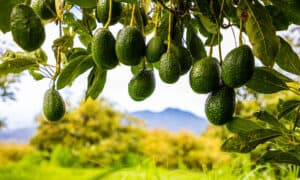Companion planting is one of the most helpful strategies used by gardeners. It can promise better results and extensive growth for your favorite plants. Squash is a versatile, nutritious vegetable with multiple types, flavors, and uses. By planting squash with certain plants, you can promote their growth, ward off pests, and improve the general health of the garden. Plus, you can even maximize space by planting the right companion plants for your squash.
So, let’s get into it and go over the 14 best squash companion plants.
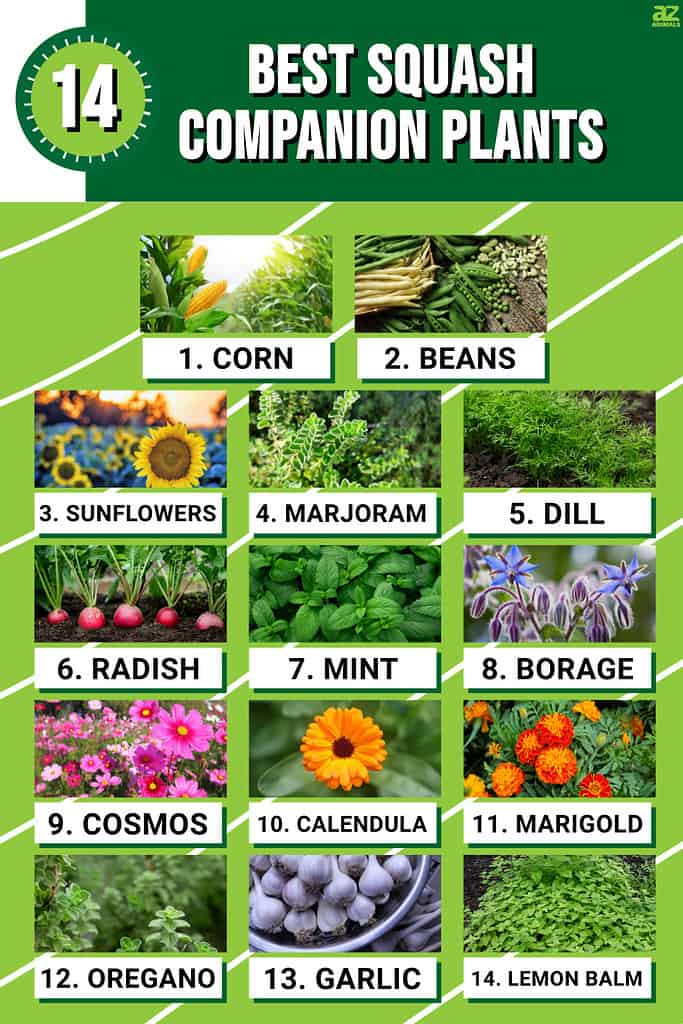
1. Corn
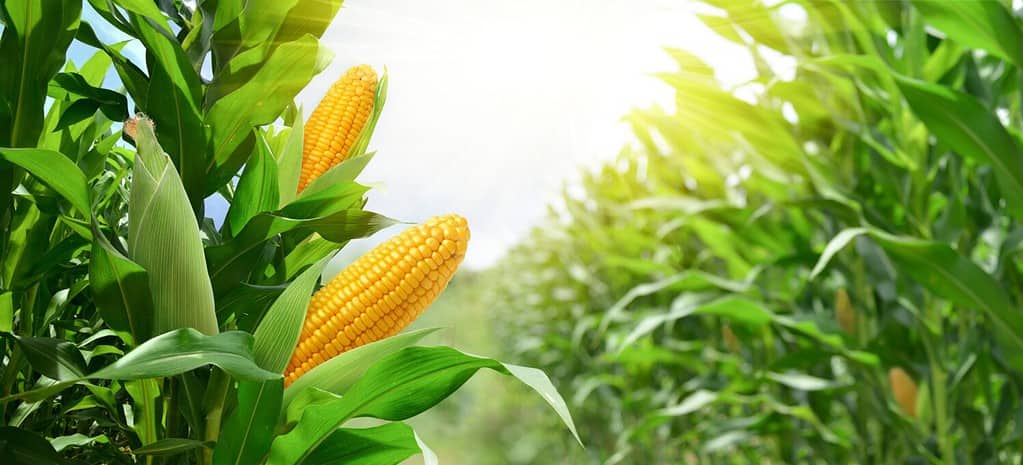
Corn is traditionally one of the best companion plants for squash.
©Photoongraphy/Shutterstock.com
Growing corn next to squash was common practice among Native Americans. It held spiritual significance for the Iroquois people as it is among two of the three crops named the “Three Sisters.” According to the legend, these three corps are the “sustainers of life” in a physical and spiritual way and completely complement each other, like three sisters of the same family.
This trio leads to a symbiotic relationship in which the tall size of corn provides shade to your squash, while squash will act as living compost for corn. This compost shelters the soil and keeps the weeds away from it.
Corn will grow best with winter squash, but summer squash is also a great companion plant.
2. Beans
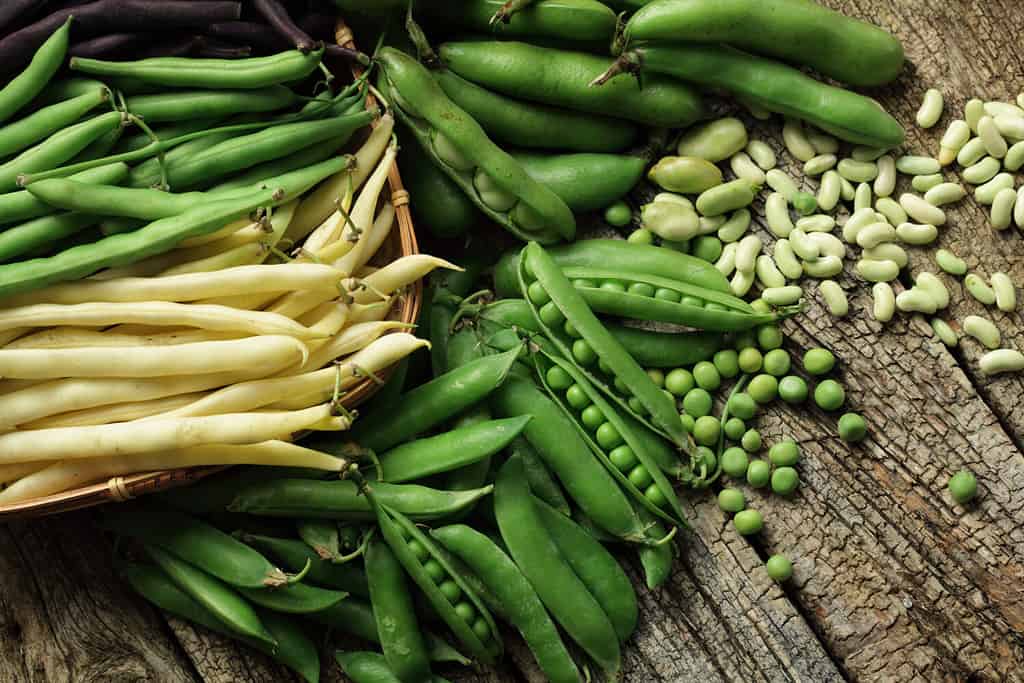
Beans are another great squash companion plant as they add more nitrogen to the soil.
©Shulevskyy Volodymyr/Shutterstock.com
The third partner in the Three Sisters are beans. They are best grown with squash and corn, because they have excellent nitrogen fixation abilities. So, planting them in your garden will increase the quality and fertility of the soil and add more nitrogen to the soil. This will benefit the development of adjacent plants, including your squash! Furthermore, beans use the same trellising system as climbing squash plants, so this can save you a lot of space in your garden.
3. Sunflowers
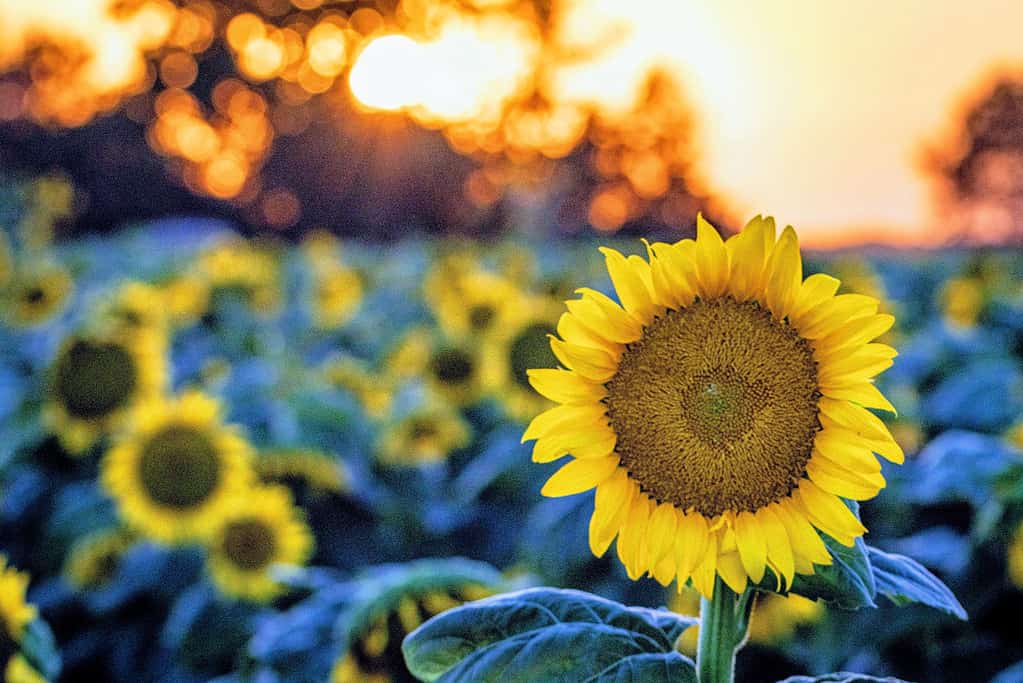
Sunflowers can provide some much-needed shade for your squash plants.
©Mark Alexander/ via Getty Images
Sunflowers are also considered good companion plants for squash as they can provide some much-needed shade for your squash. This is particularly helpful during the hot summer months. Plant them in a direction so that your squash benefits from some shade in the afternoon. Furthermore, sunflowers may help attract pollinators, thanks to their huge and beautiful flowers.
Another reason sunflowers make good companion plants for squash is that their stalks can be used for trellising. These flowers offer sturdy stalks for climbing.
4. Marjoram
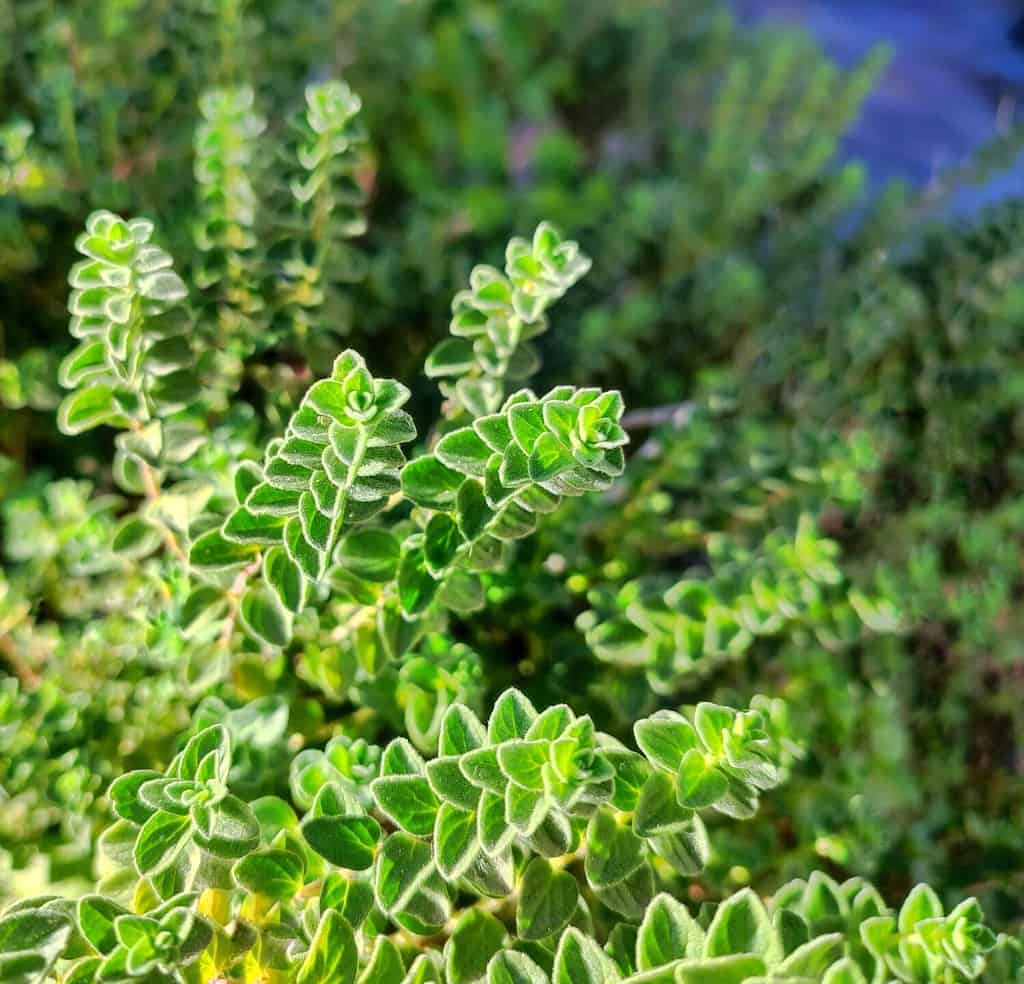
Marjoram can help deter those pesky squash bugs with its smell.
©The_AA’s/Shutterstock.com
If you’ve ever grown squash before, you know one of the worst pests is squash bugs. These pesky bugs attack the leaves and suck all their juice, leaving stippling patterns and causing the vines to droop and pale in color. This is where marjoram comes into play as a squash companion plant. Marjoram, with its poignant smell, deters these bugs from attacking and aids in achieving a healthy garden and bountiful harvest.
Furthermore, although not scientifically proven, planting marjorams improves the taste of companion plants like squash and aids in fast growth.
5. Dill
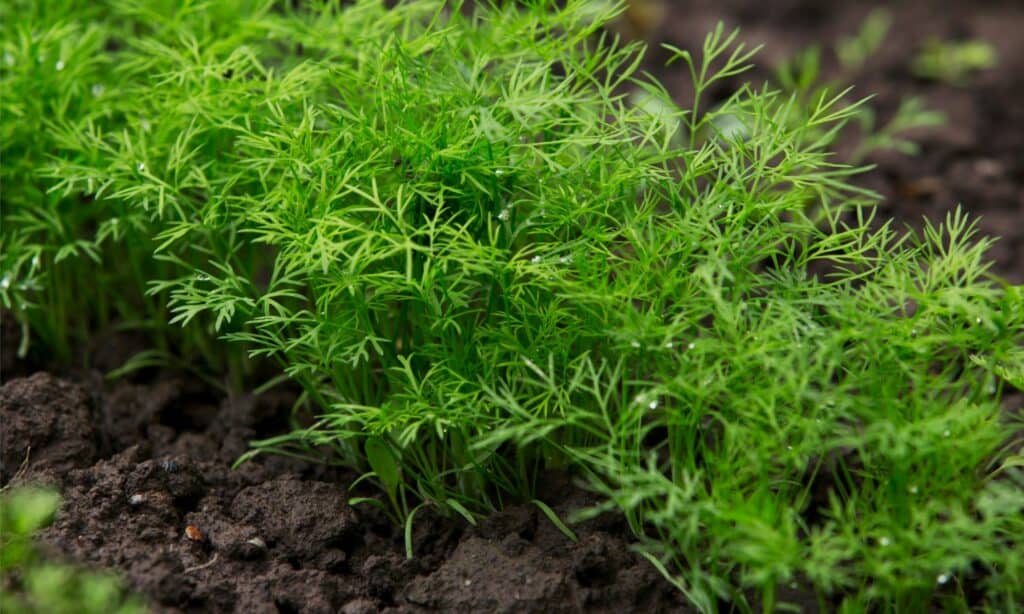
A scented herb, dill can help repel pests and attracts beneficial insects that prey on these pests.
©iStock.com/DevidDO
Dill is a scented herb that repels dangerous pests like spider mites, squash bugs, and aphids. By planting dill next to your squash, when it flowers, you can witness this herb attracting various predatory insects, thereby deterring pests from destroying your squash plants. The scent of the dill itself also further repels these pests from bothering your garden.
Moreover, dill is a host plant for swallowtail butterflies. As these butterflies come into your garden, they will boost the pollination rates of your squash plant.
6. Radish
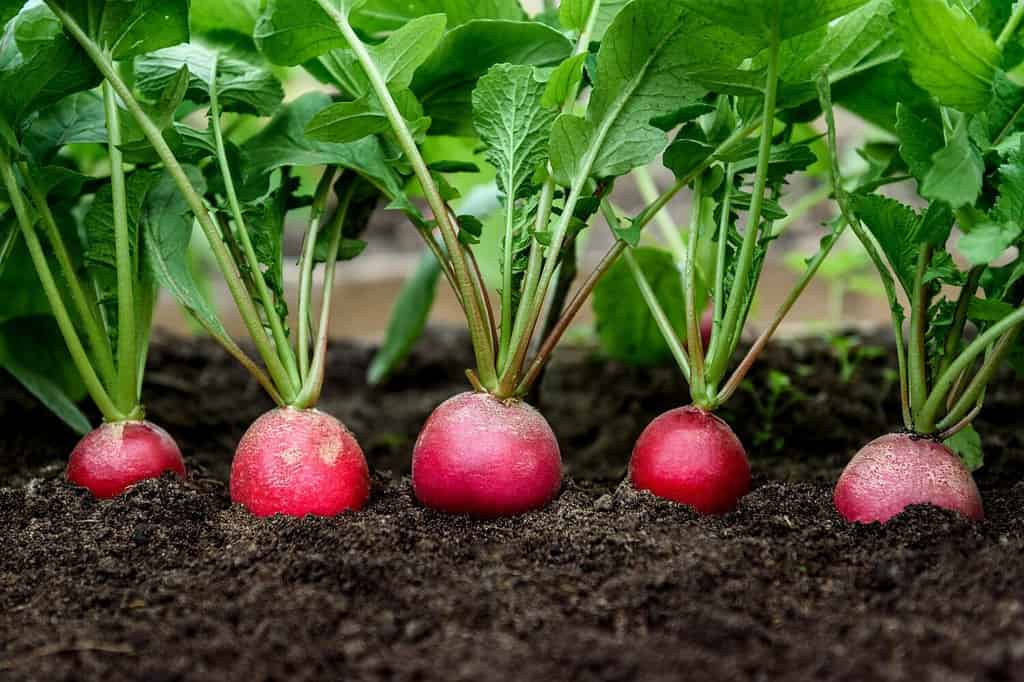
Maximize space by planting radishes with your squash.
©Natallia Ploskaya/Shutterstock.com
Radishes are known for their rapid growth and can be harvested in just three weeks. This makes them an ideal option for growing with squash, as radishes will utilize the empty soil under your squash vines while also protecting your squash from destructive pests like squash vine borers and cucumber beetles.
7. Mint
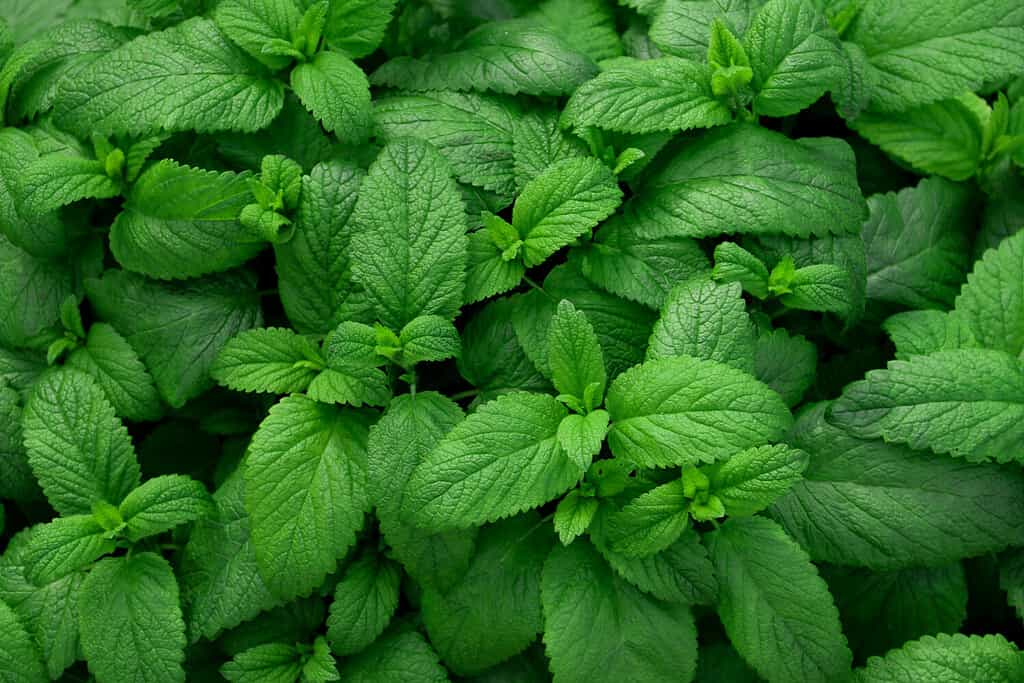
The fragrance of mint can act as a natural barrier, protecting squash from harmful insects and animals.
©Olesya Myzzz/Shutterstock.com
Mint is a fragrant and versatile herb that is another great companion for many plants, including squash, as it is a natural pest deterrent. Its strong scent helps repel most pests, like flea beetles and squash bugs. In addition to pests, mint deters rodents, deer, and even garden squirrels. By interplanting mint with squash, you create a natural barrier that helps protect the squash from these harmful insects and animals.
Despite all these benefits, remember that mint grows vigorously and super fast, quickly crowding out other plants. So, to take advantage of mint as a squash companion plant, it’s best to ensure the proper distance between plants or plant the mint in a separate pot.
8. Borage
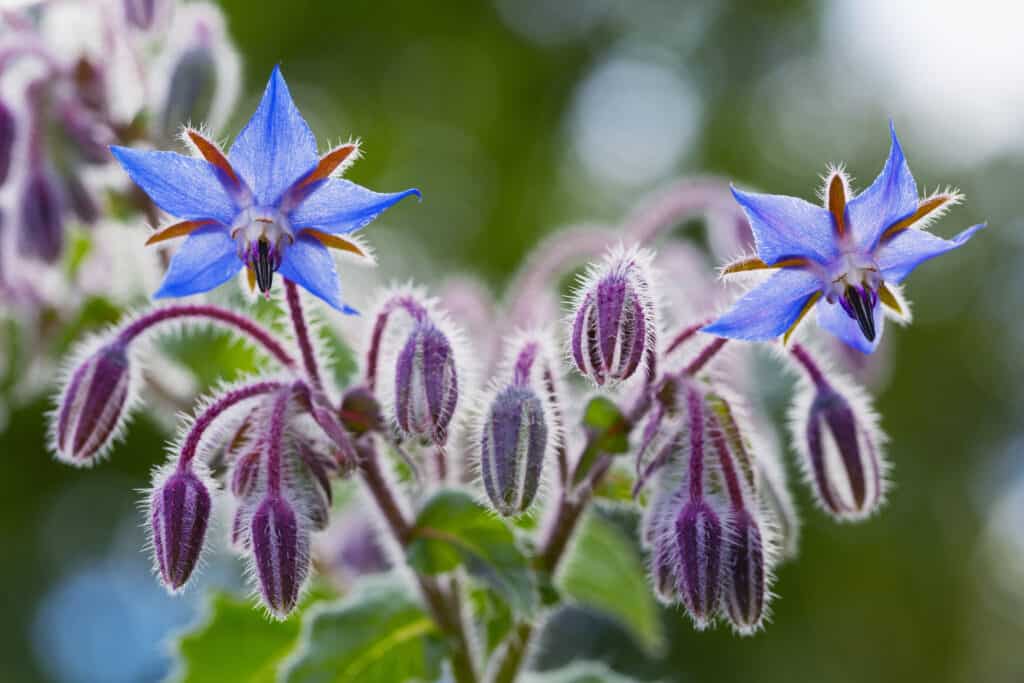
Borage flowers can attract beneficial pollinators and can act as living mulch.
©matteo sani/Shutterstock.com
There are many benefits to planting borage as a companion plant for your squash. Firstly, the smell of the blue star-shaped flowers deters damaging pests while attracting beneficial pollinators, such as bees. Squash plants rely on pollinators in order to fruit. In fact, without any pollinators, squash vines will only produce flowers and no fruit.
Secondly, borage acts as a living mulch. This flower produces a lot of biomass, so when you cut this plant back and leave it on the soil, it can benefit the soil and the plants around it. As the plant decomposes, it releases calcium, which can help feed your squash plants.
9. Cosmos
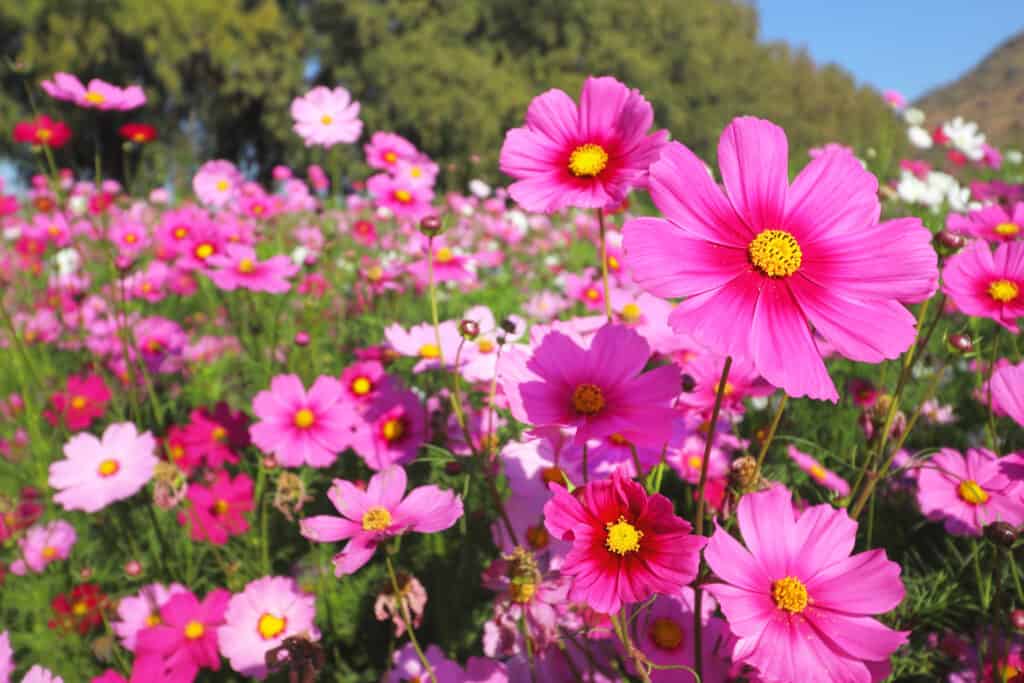
Cosmos flowers are not only beautiful but they also can attract beneficial pollinators.
©iStock.com/Passakorn_14
Another flowering plant that would be a great companion to your squash is the cosmos. Its colorful flowers are also instrumental in attracting pollinators. By planting cosmos near your squash crops, you can significantly increase pollination, leading to higher yields. Furthermore, its flowers are also a visual treat due to its stunning colors. You don’t need to plant cosmos side by side with your squash, but instead you can plant them as a beautiful border.
10. Calendula
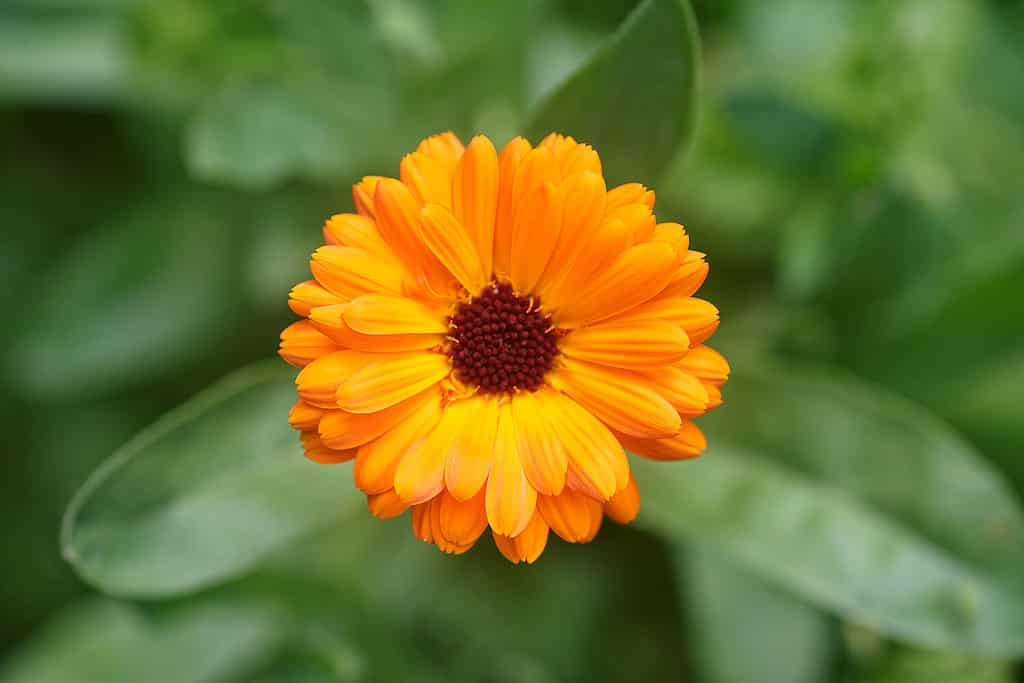
The aroma of the calendula can deter pests and attract pollinators.
©domnitsky/Shutterstock.com
Calendula is a short-lived perennial herbaceous plant that makes an excellent companion for your squash. The calendula’s bright yellow-orange color will attract pollinators like butterflies and bees, just like the cosmos. Furthermore, the strong aroma of the calendula can trap and deter pests like aphids. And, of course, finally, the calendula flowers add mesmerizing colors to your garden, contrasting with your green squash leaves.
11. Marigold
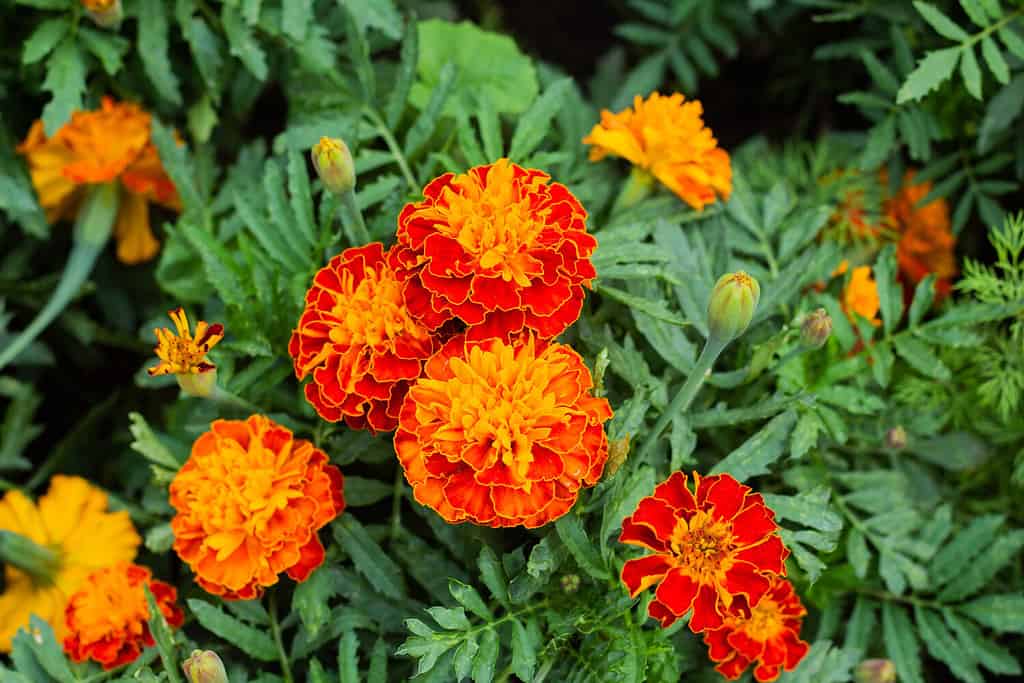
Marigolds also attract beneficial insects and repel pests, including root nematodes.
©FunFamilyRu/Shutterstock.com
Like the cosmos and other flowering plants, marigolds are also friendly hosts for bees and other pollinators. They also attract beneficial insects, such as hoverflies and parasitic wasps, that eat harmful pests. And due to their pungent smell, they can successfully repel various pests including cucumber beetles and aphids. Another reason marigolds make amazing squash companion plants is that they can remove root nematodes from the soil.
Some other flowering plants that can prove to be great companion plants to squash include nasturtium, sweet alyssum, and zinnia.
12. Oregano
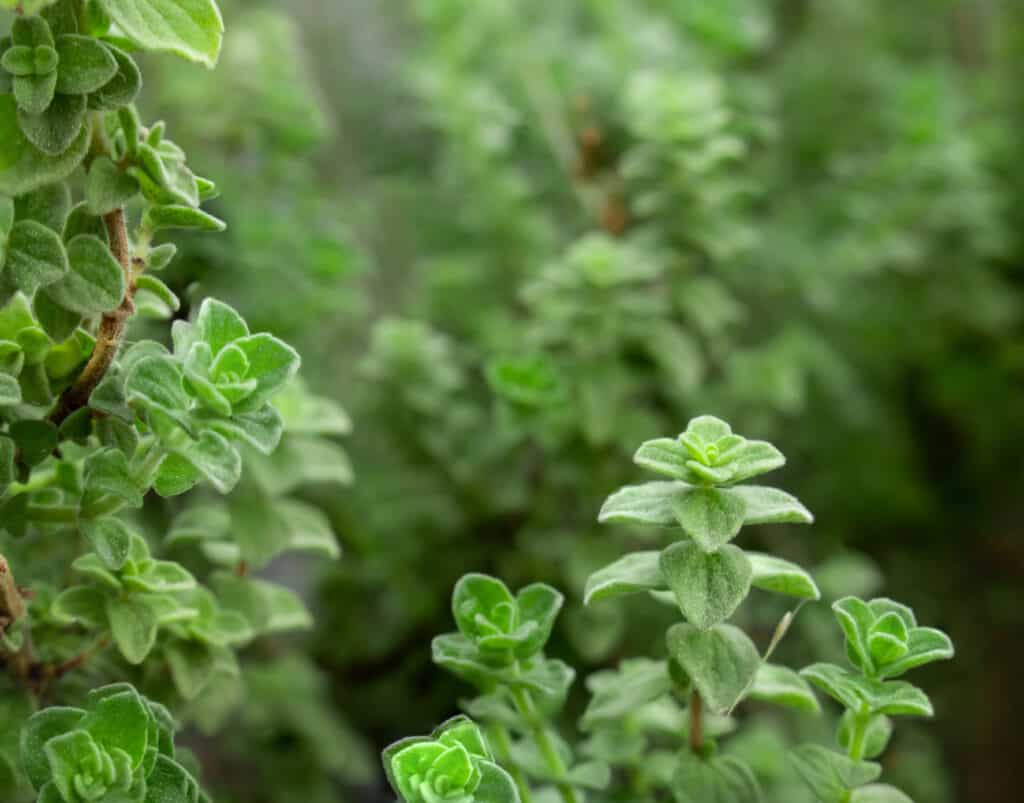
An aromatic herb, oregano acts as a natural pest repellent.
©Artem Kontratiev/Shutterstock.com
Oregano is an aromatic and flavorful herb that not only enhances the taste of your dishes but also serves as a valuable companion plant for your squash. Its strong scent acts as a natural pest repellent. And while oregano repels harmful pests, it also attracts beneficial insects such as bees, butterflies, and hoverflies to increase the pollination rate for maximum growth of your squash. Eventually, you will get a bountiful harvest of your favorite vegetable.
Furthermore, oregano can provide some ground cover for your squash plants, keeping the soil cool.
13. Garlic
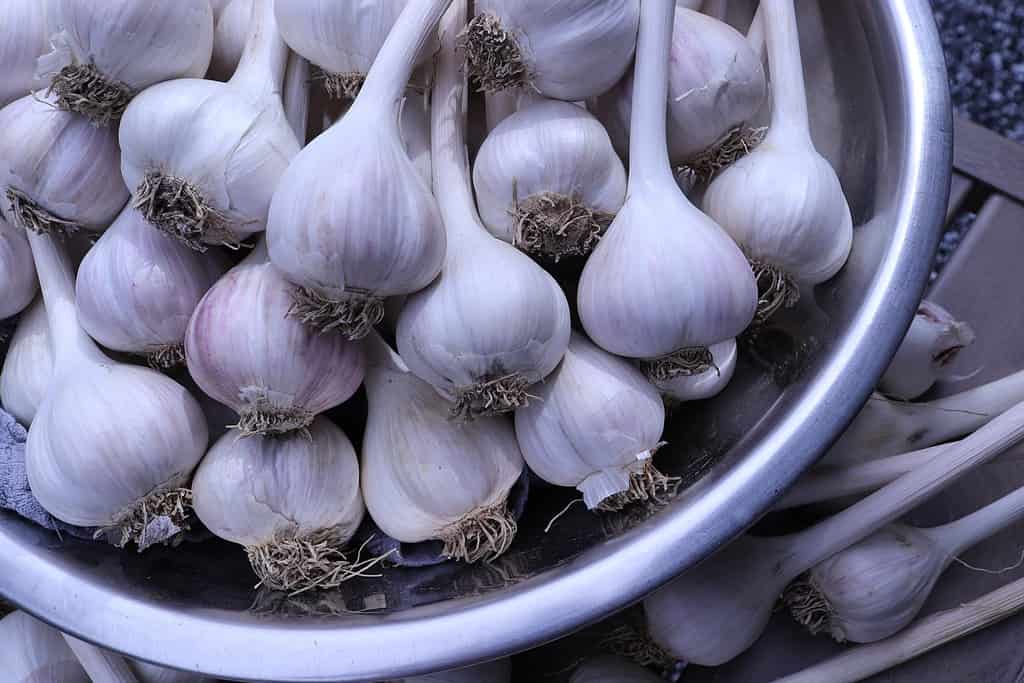
Garlic can deter pests including aphids, squash bugs, and deer.
©KC Melete/Shutterstock.com
Just like mint, garlic also contains a strong smell that tends to repel pests. Planting garlic next to your squash is a great idea if you are dealing with issues with aphids, squash bugs, or even deer. However, keep in mind that garlic is generally planted in the fall and harvested in the summer, so plan accordingly if you want to use this as a companion plant for your squash.
14. Lemon Balm
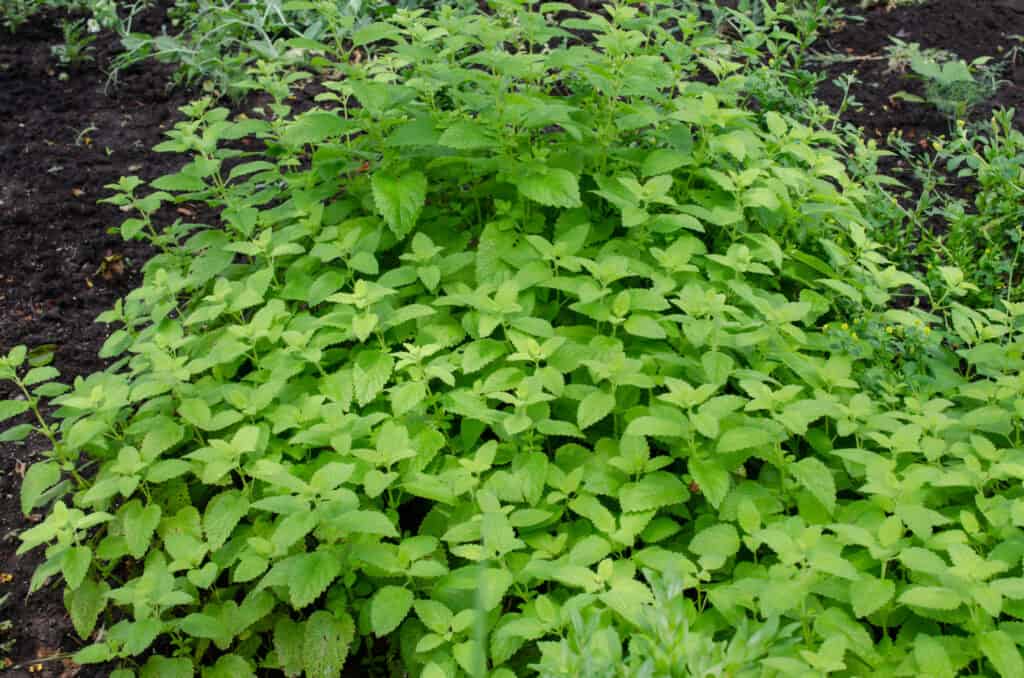
Lemon balm deters pests and attracts bees.
©iStock.com/Allchonok
Lemon balm is a perennial herb, a member of the mint family, that offers numerous benefits as a companion plant for squash. With its strong scent, lemon balm helps deter harmful pests from your crop and garden. Pests like squash bugs, aphids, and flea beetles are less likely to infest your squash if you plant lemon balm nearby. Furthermore, lemon balm can attract beneficial insects, such as bees, which can help pollinate your squash plants.
Plant to Avoid as a Companion to Squash
Now that you know the 14 best companion plants for squash, what are some plants you should absolutely avoid planting near your squash plant?
1. Potato
Potatoes are everyone’s favorite vegetable, but remember that potatoes can be a horrible companion for other vegetables in your garden. Potatoes are incredibly heavy feeders, so they will deplete the soil of nutrients, thereby starving your squash plants. If planted together, the potatoes will slow the growth and development of your squash, delivering a poor yield.
2. Melon
Melons and other vining plants are some of the worst companion plants for squash. Planting vining plants together will end up in a tangled mess that will be difficult to take care of! Furthermore, melons are heavy feeders, so they will take away a lot of the nutrients from the soil, just like potatoes!
3. Fennel
It’s a well-known fact amongst gardeners that fennel just doesn’t play well with other plants. And that is true for squash as well. Fennel, known for its distinctive aroma and licorice-like flavor, releases a specific toxic chemical into the soil that can stunt the growth of almost every plant growing next to it.
If you want to grow fennel, give it a separate space in your garden so it won’t negatively impact its neighboring plants.
Summary of the 14 Best Squash Companion Plants
Here’s a recap of 14 plants that do make great companions to squash plants in the garden and help promote growth and ward off pests.
| Number | Plant | Benefits to Squash Plant |
|---|---|---|
| 1 | Corn | Provides shade |
| 2 | Beans | Fix nitrogen in the soil and saves space |
| 3 | Sunflowers | Provides shade, attracts pollinators, and offers stalks for climbing |
| 4 | Marjoram | Repels squash bugs and improves taste and growth |
| 5 | Dill | Repels pests and attracts beneficial insects and pollinators |
| 6 | Radish | Utilizes space and protects from pests |
| 7 | Mint | Repels pests and creates a natural barrier |
| 8 | Borage | Deters pests, attracts pollinators, and improves soil health |
| 9 | Cosmos | Increases pollination and adds visual appeal |
| 10 | Calendula | Deters aphids, attracts pollinators, and provides beauty to the garden |
| 11 | Marigold | Attracts beneficial insects, repels pests, and removes root nematodes from the soil |
| 12 | Oregano | Repels pests, attracts pollinators, and keeps soil cool |
| 13 | Garlic | Repels pests like aphids and squash bugs |
| 14 | Lemon Balm | Repels harmful pests and attracts beneficial insects |
The photo featured at the top of this post is © Zhukovskaya Elena/Shutterstock.com
Thank you for reading! Have some feedback for us? Contact the AZ Animals editorial team.



